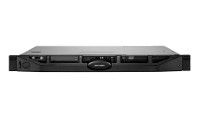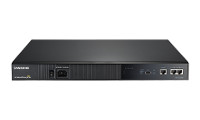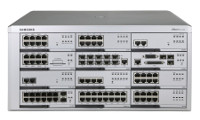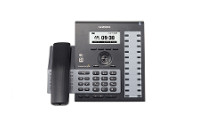Hosted PBX Phone Systems
An overview of key features and benefits.

Article By Colin Elms
Senior Technical Solutions Manager, Samsung Communications

What is a Hosted PBX System?
A hosted phone system is typically located in a data center and may actually be the same equipment as a traditional on-premise system as both physical and virtual PBXs can be hosted.
The customer may own the system and use the hosting provider to manage and maintain it, or the provider may use a hosted system to provide telephony as a service to multiple customers.
Advantages of Hosted PBX

Reduced Costs
Hosted PABXs with VoIP phones have existed since data centers first appeared, but their use was limited to enterprises that could afford broadband links with high enough capacity to carry the voice and signalling traffic.
In recent years, the price of suitable broadband services has reduced to the point where the cost of the data link is no longer a major barrier. In addition, the price of rack space in data centers has also dropped, which improves the overall cost benefit of a hosted system.
Less Equipment
With a hosted PBX, the main switching equipment is not located at the customer’s site and in some cases the customer has no ownership of the switching equipment at all.
However, some equipment is still needed on-premises to pass voice traffic between the hosted system and the user’s communications devices. In this regard, the main consideration is the type of phone used at the customer premises; if they are using physical desk phones they will need LAN switches that have Power Over Ethernet (PoE) functionality.
But if they are using softphone applications on computers they can use the existing data infrastructure to carry the voice traffic to the computers.

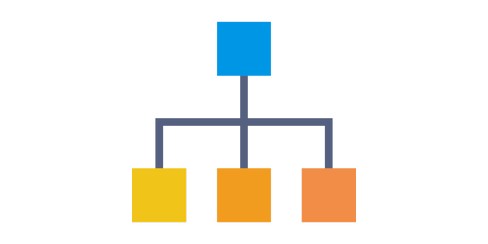
Easy Connectivity with Gateways
The type of carrier trunks available to the customer can be limited by the availability of trunks at the data center. To get around this issue some vendors provide gateway devices that can be located at the customer’s office.
A gateway device is a cut down VoIP phone system with hardware that provides interfaces between the VoIP equipment and legacy trunks and analogue phones.
Site Survivability
Gateway devices located at the customer site may also provide site survivability if the link to the data center is lost. In site survivability mode the local phones still get basic telephony if the main system is uncontactable.
Another way of providing site survivability is to have the hosted system divert incoming calls to mobile phones. This way of providing site survivability is particularly useful if the hosted system uses SIP trunks to connect to the carrier network, as no gateway equipment is required on the customer sites at all.


Multiple Sites As A Single System
Another advantage of a hosted system is that multiple sites can appear as a single system with a single numbering plan and minimal hardware on each site.
This is great for customers that have many small sites that need to communicate directly with each other. And when the hosted system has the carrier trunks connected directly to it (analogue PSTN, ISDN or SIP trunks), those trunks are not required at any of the sites, which vastly reduces the cost and complexity of the network.
Samsung Hosted PBX Solutions
For more information call 03 9872 2900 or send us an online message.

